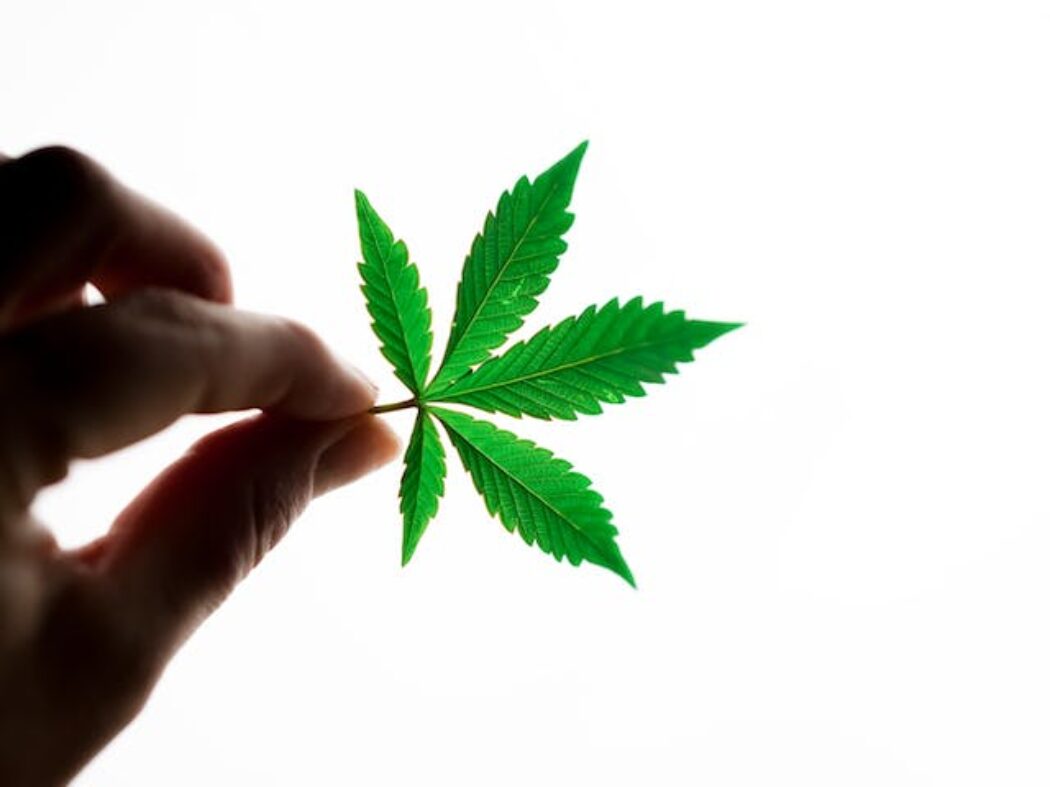Welcome to the latest installment of the Cannabis Clock — Cannabis & Tech Today’s countdown to the federal legalization of cannabis. When the Cannabis Clock reaches midnight, we’ve reached federal legalization. The last time we checked in, it was 11:51 p.m. Now, let’s examine the latest developments at the state and federal levels. These will inform the new clock time … and our new countdown.
Federal Updates
In the realm of cannabis, the Safe Banking Act is a beacon of hope for this budding industry. Currently, federal restrictions mandate the cannabis industry to operate on a cash-only basis. Cash-only poses operational hurdles and safety risks for businesses.
This pivotal bill aims to allow cannabis companies access to FDIC-insured banks. A much-needed breakthrough, the passage of this bill would change the industry. With the Senate committee vote on the horizon, the Safe Banking Act stands poised to usher in a new era for the cannabis industry.
State Updates
California, the first state to legalize medical cannabis, is often considered the industry’s holy grail. However, it hasn’t been all smooth sailing for the Golden State. A new pathogen called HLVd, or ‘Hop Latent Viroid,’ has recently infiltrated cannabis farms, affecting nearly 90% of them by 2021. This invasive organism, now detected across North America and Europe, has wrought financial damages approximated at around $4 billion.

Although non-hazardous to humans, HLVd is deeply damaging to cannabis plants, lowering yields and cannabinoid levels. To fight this virus, the cannabis industry urgently requires robust regulations and compliance standards with thorough testing procedures for the plants. Voluntary compliance may not suffice to adequately protect the industry. By establishing mandatory testing and compliance protocols, California, and others, can solidify its industry leadership while ensuring plant health and economic viability.
Maryland has officially joined the states legalizing adult-use cannabis, with impressive sales figures from its inaugural day: $3.5 million from the adult-use market alone and an additional $1 million from medical sales.
The state’s new adult-use program sets an example by prioritizing medical patients with various benefits like designated lines, curbside pick-up, access to concentrates, and lower tax rates. Maryland has also demonstrated a strong commitment to social equity in the cannabis industry. A generous $40 million social equity fund has been established, in addition to an annual $5 million grant program. With such progressive steps and robust social equity support, Maryland is undeniably a state to watch in the cannabis industry.
Delaware has become the 22nd state to enact adult-use cannabis legislation, notably without the governor’s signature. This development marks a significant step forward for Delaware’s cannabis industry, despite reservations from the governor.
In the previous legislative session, the governor decided to veto the bill that would legalize adult-use cannabis sales. His primary concerns were around the potential impact on Delaware’s children, the safety of roadways, and the well-being of the poorest neighborhoods in the state.
Despite still opposing the legalization of cannabis, he chose not to impede the legislative process any longer. As a result, the bill passed into law without his signature.
Minnesota, the 23rd state to legalize adult-use cannabis, is poised to kick-start its market in August 2023. In a novel move, a tribal nation-owned medical dispensary has announced plans to commence adult-use sales on the same day, despite the delayed availability of licenses.
This move echoes the independent cannabis retail programs established by tribal nations in states such as Arizona, Nevada, and New York. The Minnesota scenario presents an opportunity for tribal nations to play a significant role in the adult-use cannabis market and potentially pave the way for innovative approaches to cannabis sales.
The United States Virgin Islands (USVI) has recently joined the Northern Mariana Islands and Guam to become the third U.S. territory to pass adult-use cannabis legislation. This move is primarily aimed at boosting local tourism, with the governor stating it was essential to “get some money going.”

However, success hinges on carefully establishing the necessary infrastructure to ensure the smooth and responsible operation of the cannabis market. With careful planning and commitment to compliance, the cannabis industry can become a significant economic driver for the USVI, boosting local businesses and creating job opportunities.
What Time Is It?
The evolution of cannabis legislation across America’s states and territories continues to reshape the industry, creating new opportunities and challenges.
Hopefully the Safe Banking Act will pass, but there are no guarantees. It has failed before and could fail again. Politics are unpredictable. On the state level, what is happening in California could significantly impact the entire industry. However, with the positive news coming out of new adult-use states, there is forward momentum.
After examining the information covered in this article, as well as considering the developments throughout the country, the new stage of the cannabis clock is at 11:54 P.M., representing a progress of three minutes forward. Let’s hope for the best, but don’t forget to plan for the worst. Until next time.
This article first appeared in Volume 5 Issue 2 of Cannabis & Tech Today. Read the full issue here.








